The project is estimated to have an investment capital of VND1.56 trillion (US$73.24 million). It will be divided into two phases and will be constructed on a build-operate-transfer (BOT) basis.
The port's construction will allow international tourism vessels with a transportation capacity of 5,000 to 6,000 passengers and a gross tonnage of 225,000GT to dock at the port. It will also be able to receive cargo vessels and military vessels, which will boost socio-economic development and ensure national defence and security.
According to the Portcoast which has handled the project's planning, the island is located on the sailing route of 19 sea vessel firms operating along the Singapore-Thailand-Vietnam and north Asia countries' sea routes.
However, the island has no port to receive high-tonnage vessels, which forces international ships to transport their passengers by smaller ships from the sea to the shore, causing inconvenience and difficulty and also endangers the safety of passengers.
It has been predicted that 105,000 to 190,000 passengers will visit Phu Quoc annually via the sea route by 2020 and 350,000 to 550,000 are expected by 2030.
Phu Quoc is an island district with the largest area and highest population, compared with other island districts of Vietnam. It has conditions that are amenable in terms of geography, climate, nature, society, as well as economy, for the development of a sea economy, especially diversified tourism services, contributing to socio-economic development in the Cuu Long (Mekong) Delta and the country.
In the master development plan approved by the Prime Minister, the island will act as a special economic zone, a centre for high-quality eco-tourism, trade and luxury services and will be known as a high-tech area in the region and the world
VNA/ VOV.VN

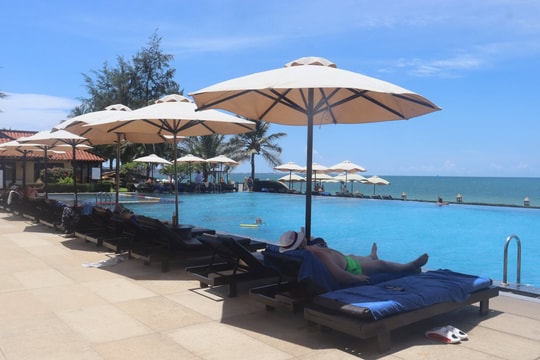
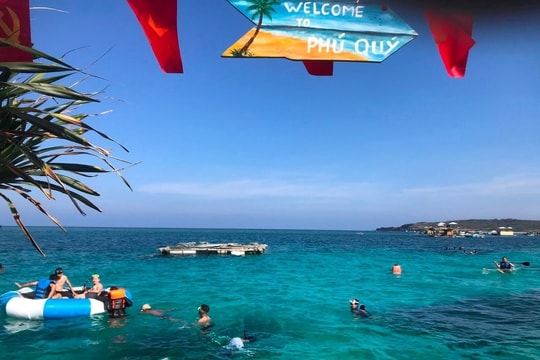

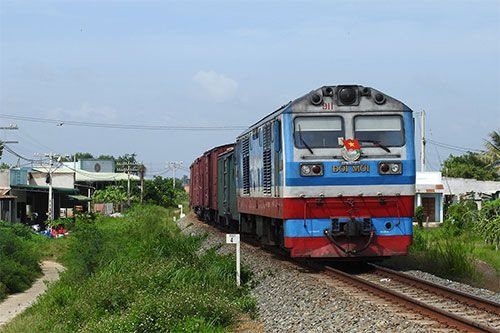












.jpg)


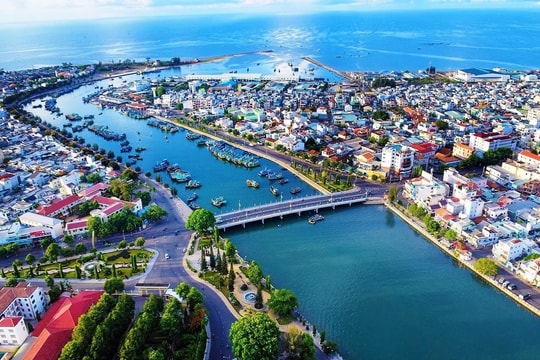


.jpeg)
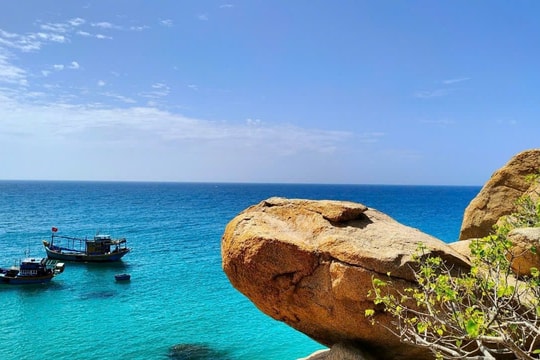
.jpeg)


.jpeg)


